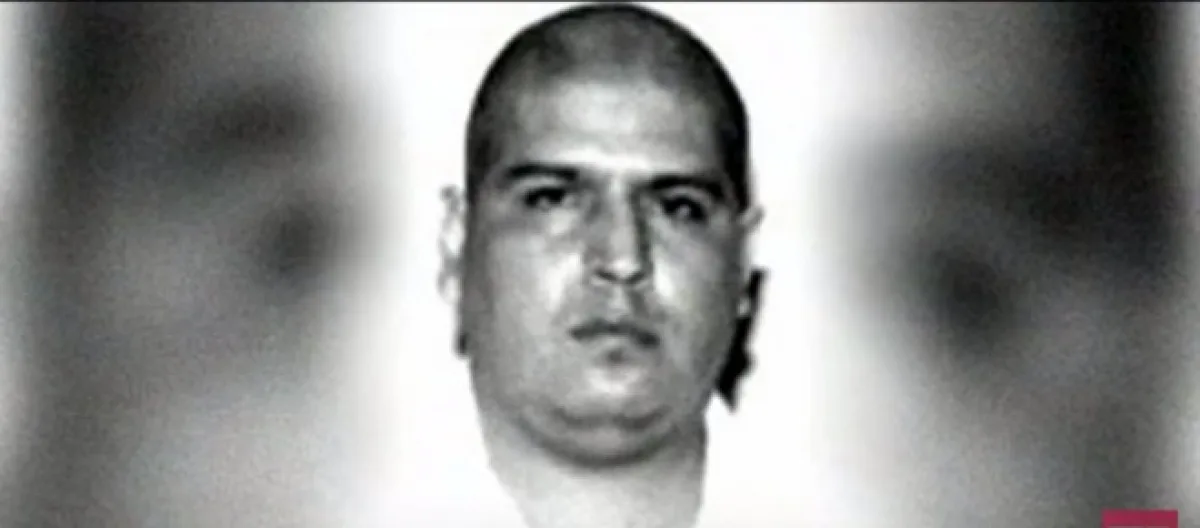Texas executed Ruben Ramirez Cardenas last night for the 1997 murder of his cousin, 16-year-old Mayra Laguna. He was pronounced dead at 10:26 PM, the National Post reported. Cardenas responded to the warden, “No, sir,” when he was asked whether he had a final statement.
Administering the lethal injection protocol in the death house located in Huntsville, TX, on Wednesday night was delayed approximately four hours while the United States Supreme Court weighed the decision of whether to issue a stay of execution, according to the Houston Chronicle.
U.S. highest court refuses reprieve from death
The nation’s highest court determined not to grant Cardenas a reprieve from death, despite his lawyers’ giving it their best effort. His defense attorneys’ asserted that “multiple confessions were coerced,” the Chronicle noted.
Contrary to law enforcement vowing that the now-deceased Cardenas led them to where Laguna’s body was dumped, his lawyers also asserted that police led their client to where his cousin’s body was discovered.
Condemned inmate’s cousin kidnapped, murdered
On February 22, 1997, Mayra Laguna was kidnapped from her family’s apartment in McAllen, TX.
She was beaten to death and her body was taken to a canal and dumped in the Rio Grande Valley in South Texas, the Daily Mail (UK) wrote.
Cardenas, a native of Guanajuato, Mexico, was a prime police suspect within hours following Laguna’s abduction. Her younger sister, Roxanna, said she saw a man enter through a window and take Mayra from their bed, according to the Chronicle.
Law enforcement took Cardenas and Tony Castillo, his friend, in for questioning. The duo initially stated that they only had a “wild night out,” the Chronicle reported. Their night was one of drinking and using cocaine. Hours later, however, they confessed to interrogators that they killed Laguna.
Prosecutor says death row inmate ‘guilty as sin’
Prosecutor Ted Hake, Hidalgo County, TX, strongly asserted that Cardenas was “guilty as sin” the weeks leading to his execution, according to the Chronicle. Rene Guerra, who prosecuted Cardenas, is the former district attorney for Hidalgo County.
The day prior to delivery of capital punishment, Guerra said that he would not “be able to live” with himself if Cardenas’ conviction was inappropriate or improper, ABC News relayed. He affirmed that Cardenas deserved “the death penalty” and said that he “never would have authorized a case that was not there or was a flimsy investigation.”
Lawyers lose appeals before U.S. Supreme Court
Cardenas’ attorneys appealed to the U.S. Supreme Court, arguing for new DNA testing.
In a separate legal challenge before the nation’s highest court, the condemned inmate’s lawyer, Maurie Levin, asserted that she was excluded as a witness in the execution chamber, ABC wrote. Levin also wanted to phone access throughout the execution, claiming that she needed the access to stay in communication with the courts and with Texas Governor Greg Abbott.
Jason Clark, a spokesman for Texas’ prisons, assured that Levin could have witnessed the execution but her client, Cardenas, did not specify or designate her to attend until the day of his execution. According to Clark and ABC, prison rules would not have allowed Levin to take a phone into the death house as a witness to the execution.
Not only is it prohibited by “prison policy” and the state’s law, there is no landline available to witnesses, according to Clark and ABC.
Attorneys argue Mexican consulate not informed after arrest of suspect
In addition to arguing respective of DNA testing and phone access as a witness to the execution, Levin also claimed that that law enforcement did not act accordingly. She asserted that Mexican-born Cardenas couldn’t obtain legal assistance from his native country since the Mexican consulate was not informed of his arrest.
Her contention centered on facets of the Vienna Convention on Consular Relations. Because Mexico does not have the death penalty, Cardenas was eligible for legal aid from the country’s consulate, according to Levin.
In the past, however, courts did not block the executions of death row inmates in Texas hinging on whether the 1963 international agreement was breached. Capital punishment was carried out in those cases.
Mexican officials assert international law disregarded
Mexican officials held the position that executing Cardenas evolved from Texas disregarding international law, expressed during press statements issued in Houston and in Mexico City on Tuesday. The United Nations, the Inter-American Commission on Human Rights, and Amnesty International all denounced Texas imposing capital punishment.
Gregory Kuykendall is an attorney in Arizona who is sanctioned to speak for Mexico. He stated that he was “extraordinarily disappointed with this outcome,” according to the Chronicle.
At the same time, though, Kuykendall said he is proud of Levin and the Mexican government, which he attributed as having “diligently pursuing every avenue of defense conceivable.”
Executed inmate left written statement
Though Cardenas declined to verbalize a final statement, a handwritten statement that was released after his execution expressed his gratitude to his family, to his lawyers, and to the Mexican consulate. He also stated that he “will not and cannot apologize for someone else’s crime,” according to the National Post. He further conveyed that he will be “Back for Justice” and “You can count on that!”


